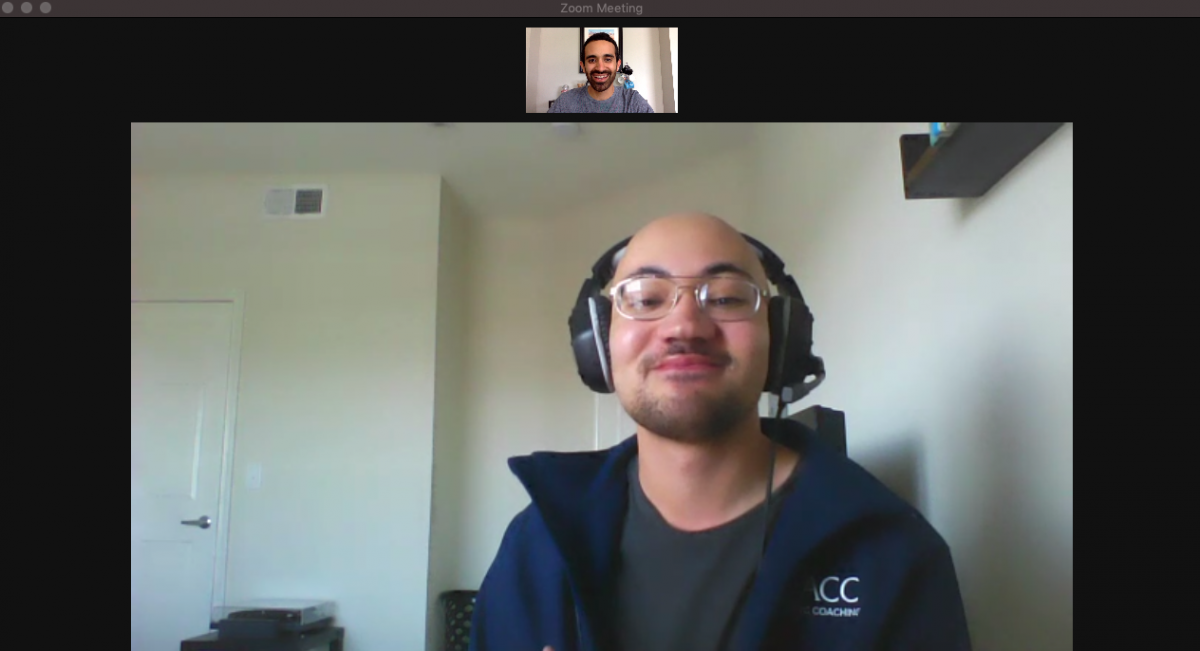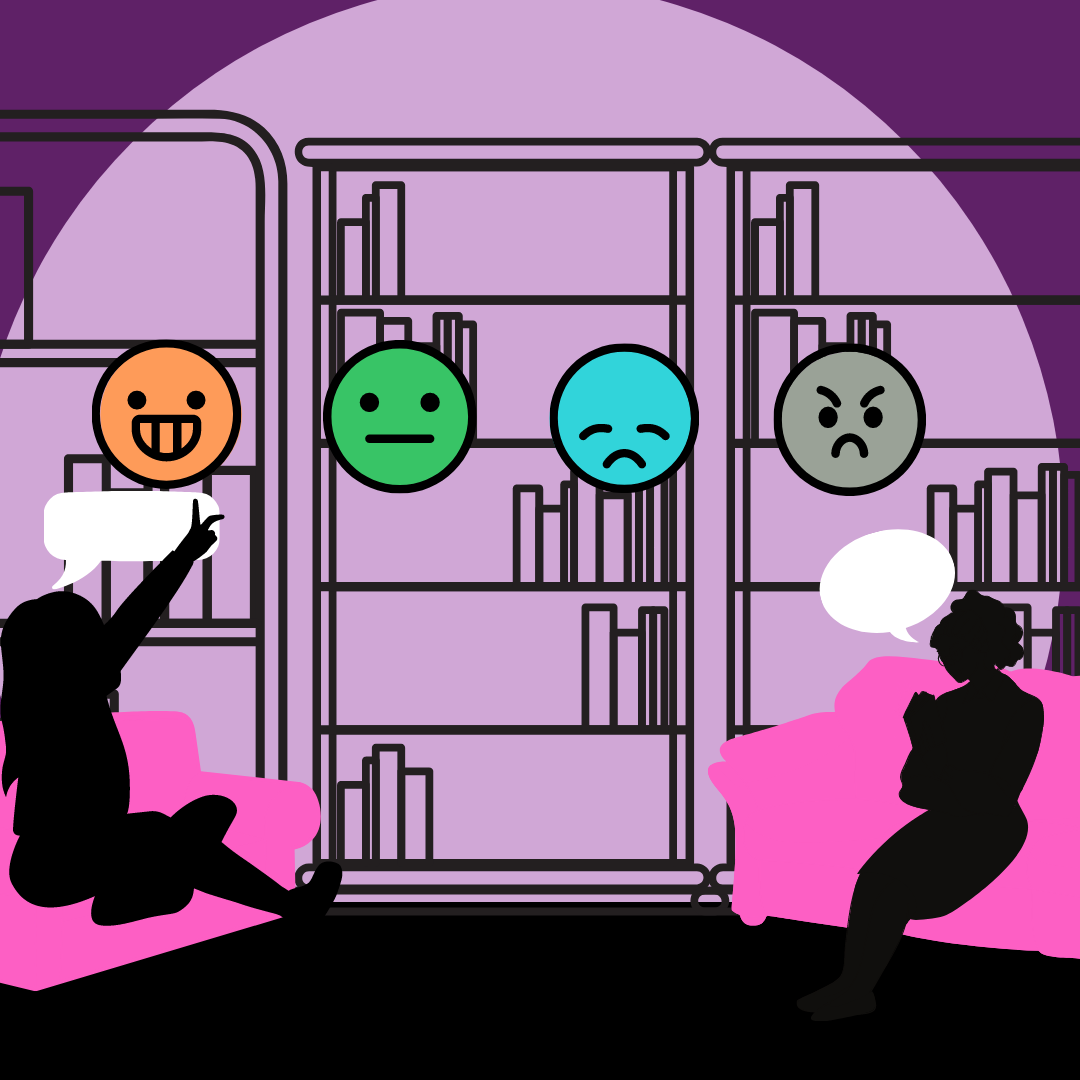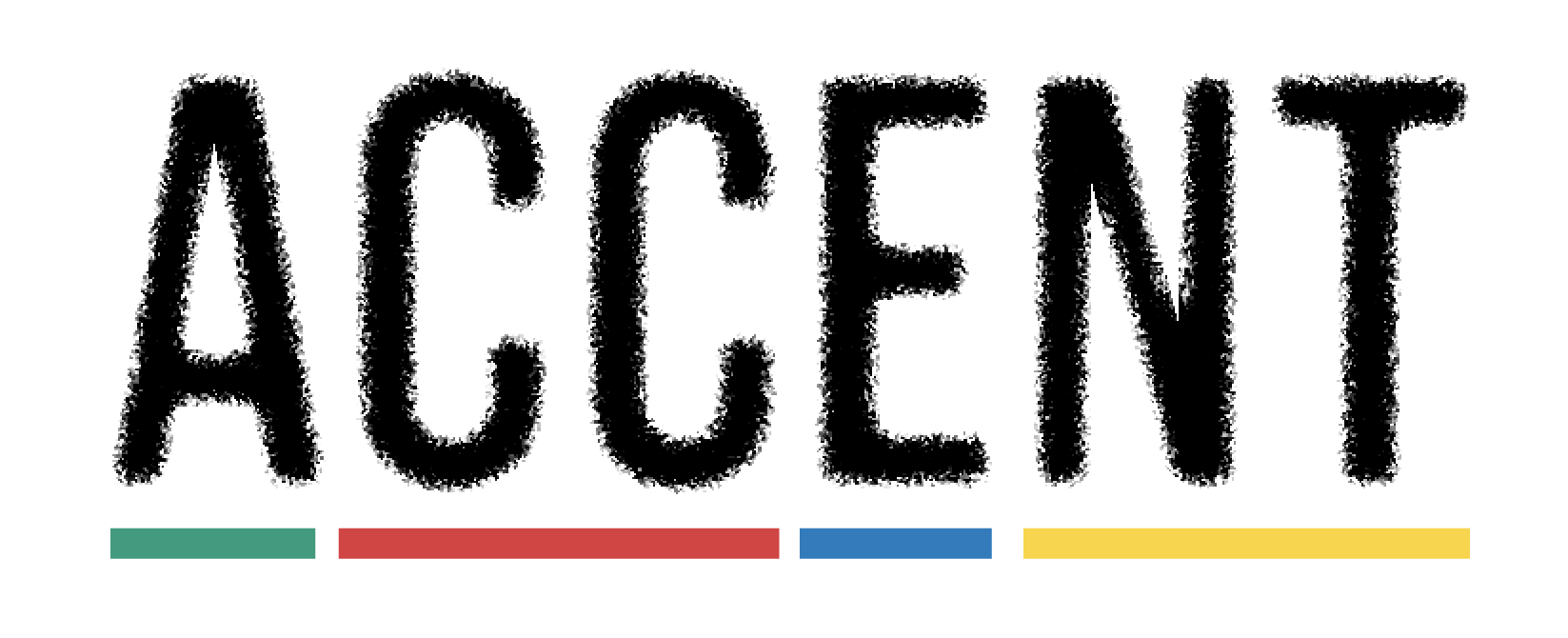Tag: #StudentViews
-

ACC Students Take on Virtual Events
Three students of Austin Community College share their perspectives on how virtual events have impacted their life, and what they believe could be done better; a guide for officials to consider, and implement into the academic format we now consider our new normal.
-

-

Self Defense 101
Learning self-defense extends far beyond just discovering how to protect yourself. It also boost your confidence and self esteem. ACCENT spoke with former Austin Community College students Kevin Walter, and Carla Crisostomo, who have gone through the self-defense program at Austin Community College, and Kaci Kai, the co-owner of Krav Maga Atx to get their…
-

I Tried Pomodoro Studying
By: Pete Ramirez I’ll admit it, managing my time has never been easy for me. At times, I have felt as if my to-do list is a never-ending tower that enjoys piling onto my anxiety. Luckily, I received an assignment that has given me an effective tool to combat that pesky to-do list. I have…
-

A Therapy Guide To Virtual Counseling
ACCENT spoke with Manuel Zamarripa, Associate Dean of Counseling, about ACC’s virtual mental health support services.
-

COVID-19: How a Pandemic Changed The Way We Live
Whether a student or a professor, or working at an office, or at a store, life has changed. As the number of cases in Travis and Williamson County continues to rise, life will continue to be different and will never be the same.
-

LGBTQIA+ Breaking Down the Acronym
In recent years, more and more letters have been added to the acronym. But what do they mean? ACCENT sat down with Matthew Campbell, the co-chair of LGBT Equities committee, to discuss what exactly goes into LGBTQIA+.
-

The Time I Realized I’m a Minority
According to the Austin Community College Fact Book, minority students make up over half the percentage of total students who were enrolled in the spring 2020 semester.
-

